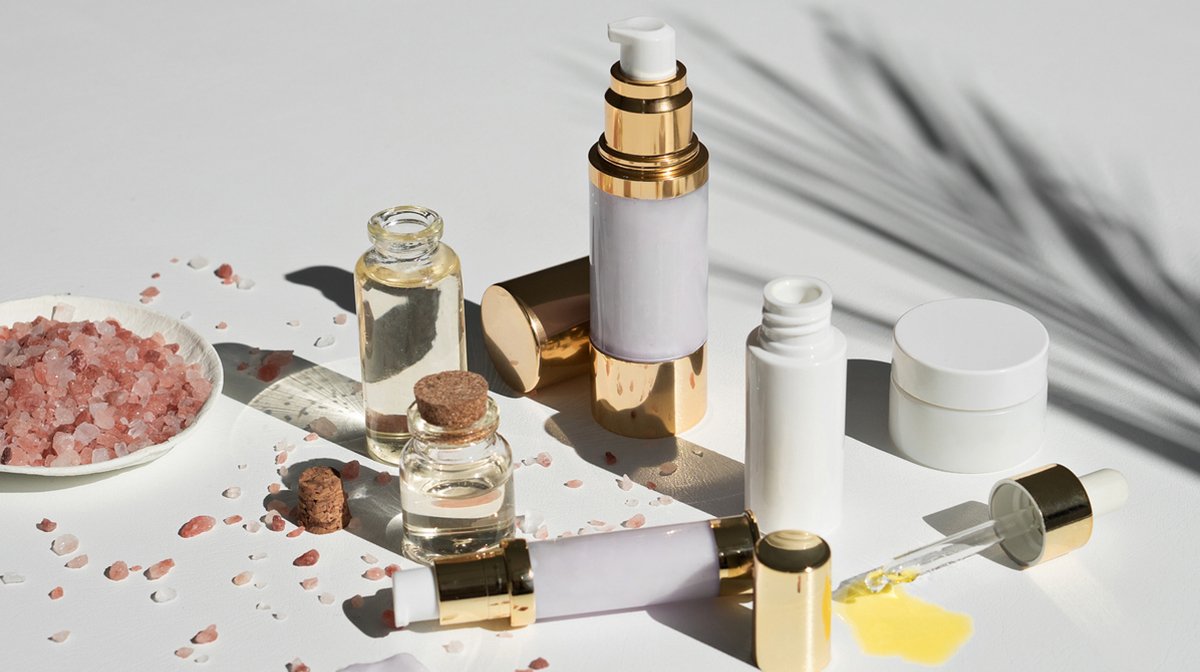Only Frankenstein gets away with a green face. But green makeup – like environmentally friendly and eco-friendly beauty products – is a new popular trend that has a lasting impact. It’s a movement towards more ethical and eco-friendly products that beautify your face without harming the environment. Of course, products that don’t contain chemicals or carcinogens are also better for you in the long run.
Unfortunately, life after L’Oréal can get a little complicated. With so many products labeled “natural” or “organic,” it’s hard to know where to start. Let’s take a look at some of the labels you’re likely to see, what they mean and how you can use them to make greener decisions for you and the Earth.

Organic
Organic crops are produced without pesticides, chemical fertilizers, or genetic modification. With the growth of the organic industry, fewer toxic chemicals are released into the water and air. But beware of products that claim to be organic. Unless that claim is certified organic by the USDA, the “organic” shiny lipstick you are tempted to buy may contain only one organic ingredient. The USDA’s green and white label guarantees that the ingredients (not including water, of course) in your product are 95% or more organic. Other organic certifications like EcoCert are less strict in their qualifications.
One of the side benefits of buying certified organic products is that they are free of 1.4 dioxanes, a carcinogenic contaminant found in many foaming products, especially those with sodium laureth sulfate as an ingredient.
Vegetarian / Vegan / Cruelty-free
For many people, being green also means being kind to the other animals that share the planet with us. Vegetarian cosmetics may contain beeswax, honey, or milk obtained without harming the animal; vegan cosmetics do not have any animal products.
Cruelty-free products (look for the bouncing rabbit symbol or PETA) have been developed without being tested on animals. A cruelty-free product may still contain animal products. Watch out for ingredients such as stearic acid (usually derived from cow or sheep fat), oleyl alcohol (inedible beef fat), and carmine (a red dye made from crushed beetles and frequently found in natural lipsticks as an alternative to chemical stains).

Biodegradable / Recyclable / Minimal packaging
When in doubt, choose makeup with the most environmentally friendly packaging: recyclable, recycled, minimal, or biodegradable. Cargo Cosmetics has pioneered a lipstick that is not only made with ecologically-friendly ingredients but is also offered in a biodegradable corn-based tube. In most cases, the less packaging, the better.
Finally, here are a few things to avoid during your next cosmetic shopping session:
Things you can’t pronounce (Latin plant names aside). Synthetic chemicals tend to have long, complicated, chemically sounding names. This is not the case with natural ingredients. In general, the shorter the list of ingredients and the more things you recognize in it, the better. Many synthetic ingredients, including parabens (preservatives), sodium laureth/lauryl sulfate (foaming agents), and phthalates (binders), are mildly irritating or potentially carcinogenic.
Petroleum / petrochemical ingredients. Not only are fossil fuels a non-renewable resource, but they are also ineffective moisturizers because they are not absorbed through the skin. Instead, choose the oil of vegetable origin, such as jojoba, shea butter, or sunflower oil.
Labels “pure” and “all-natural.” Unless the ingredients and a USDA organic label support these labels, they are not regulated and do not guarantee anything.
Another significant advantage of natural skincare and hair dyes is that because they are made from organic ingredients, the final appearance will be better than if the products are developed with human-made components. After all, the purpose of makeup is to improve your appearance, so why to settle for unnatural products when the alternative is similarly priced and gives you a better result. Maybe it’s time for the makeup industry to start thinking more carefully about the ingredients they use. Otherwise, they risk losing out to the wave of natural skincare.
